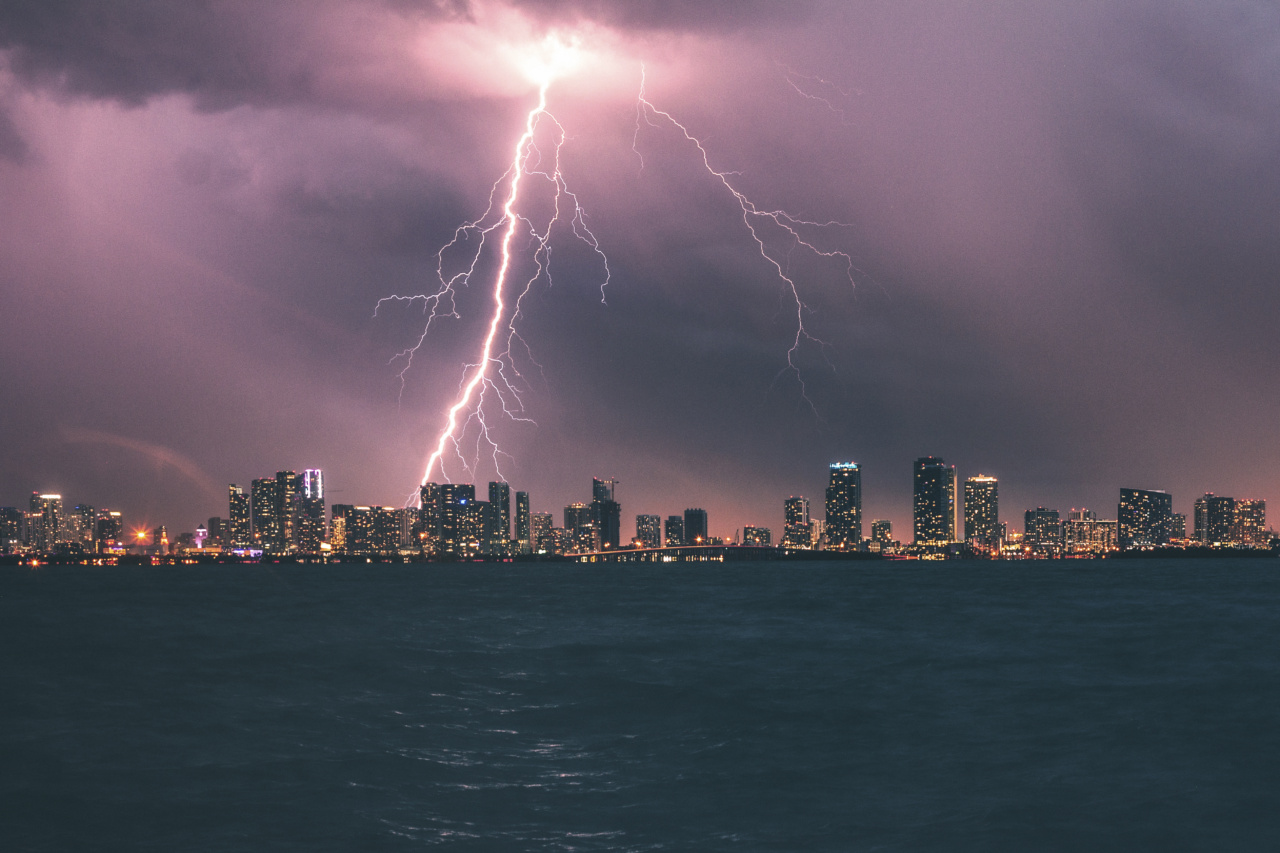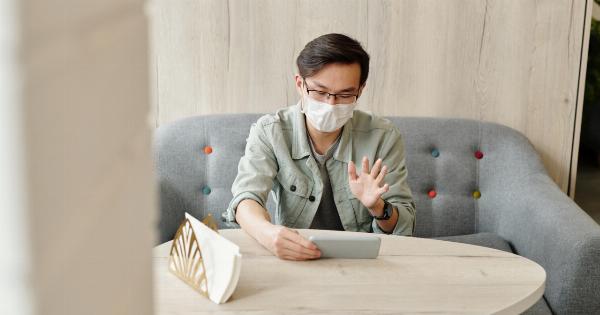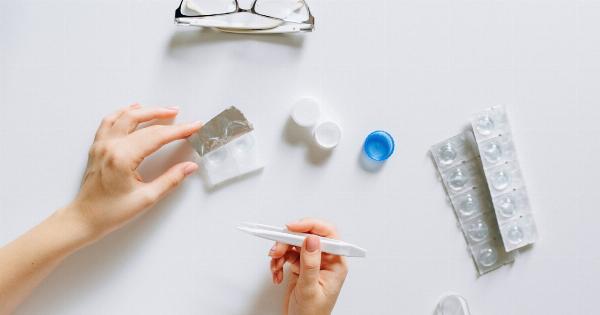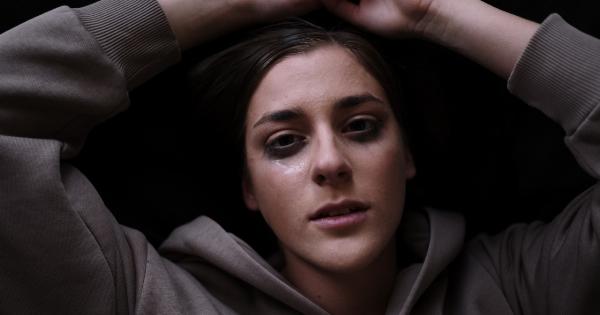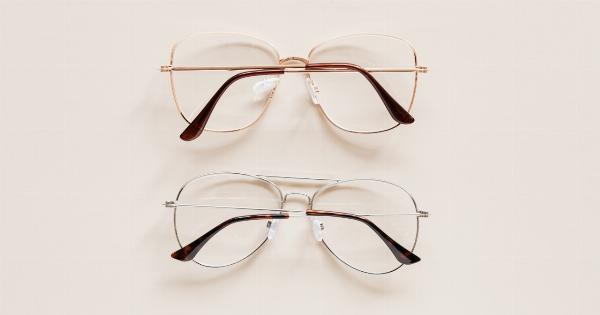Sneezing is a natural reflex that often occurs when foreign particles or irritants find their way into our nasal passages. It is our body’s way of clearing the airways to prevent any potential harm or discomfort.
However, in certain situations, it may be necessary or convenient to suppress a sneeze. While occasional suppression might seem harmless, doing it regularly or forcefully can have detrimental effects on your health. In this article, we will explore the dangers associated with suppressing your sneezes.
1. Nasal Damage
When you suppress a sneeze, the built-up pressure and force are redirected to other areas of your head and body, particularly the inner ear, throat, and sinuses. This sudden change in pressure can lead to several issues, including:.
A. Ear Injuries: A suppressed sneeze can cause damage to the delicate structures in your ear, potentially leading to pain, hearing loss, or even a ruptured eardrum.
B. Sinus Problems: The increased pressure from suppressing a sneeze can disrupt the normal functioning of your sinuses and cause sinus infections or sinusitis.
2. Eye Complications
When you sneeze, your eyes instinctively close to protect themselves from any potential harm. However, by suppressing a sneeze, you may not close your eyes entirely or forcefully enough, leaving them vulnerable to various complications:.
A. Damaged Blood Vessels: The forceful pressure generated during a sneeze can potentially rupture blood vessels in your eyes, causing redness, subconjunctival hemorrhages, or even vision problems.
B. Eye Infections: Additionally, by stifling a sneeze, the nasal pressure can push infectious particles toward your tear ducts and eyes, increasing the risk of eye infections and conjunctivitis.
3. Impaired Respiratory Function
Suppression of a sneeze can significantly impact your respiratory system as a whole. Normally, when you sneeze, air is forcefully expelled through your mouth and nose, clearing any potential obstructions.
However, suppressing a sneeze obstructs this natural process, leading to:.
A. Germ and Allergen Accumulation: By suppressing a sneeze, you retain various germs, bacteria, and allergens within your respiratory system, increasing the likelihood of respiratory infections, allergies, and other related conditions.
B. Respiratory Strain: The force generated during a sneeze not only clears your nasal passages but also strengthens your respiratory muscles.
Suppressing this force can weaken those muscles over time, potentially causing breathing difficulties and other respiratory complications.
4. Increased Pressure on the Heart
Suppressing a sneeze can also have indirect effects on your cardiovascular system, particularly your heart.
When you stifle a sneeze, the forced air intended to leave your body is redirected back toward your lungs and throat, increasing the internal thoracic pressure. The consequences of increased pressure on your heart include:.
A. Cardiac Overload: The sudden surge in thoracic pressure puts additional strain on your heart, potentially leading to increased heart rate and blood pressure, and in extreme cases, even heart palpitations or cardiovascular accidents.
B. Temporary Oxygen Deficiency: As the redirected air compresses your lungs, the oxygen exchange process becomes limited, resulting in momentary oxygen deficiency.
Although this effect is usually temporary, it can pose risks to individuals with pre-existing cardiovascular conditions.
5. Facial and Cranial Trauma
The pressure build-up from suppressing a sneeze can cause unexpected consequences, which may result in facial and cranial trauma:.
A. Facial Injuries: The sudden redirection of force from a suppressed sneeze can cause facial injuries such as fractures, dislocations, or even damage to the temporomandibular joint (TMJ).
B. Neurological Implications: In some cases, suppressing a sneeze can create a temporary increase in pressure within the cranial cavity, leading to severe headaches, blurred vision, dizziness, or even potential neurological damage.
Conclusion
While suppressing a sneeze may seem harmless or even polite in certain situations, regularly practicing this can have severe consequences for your overall health.
From potential ear injuries to eye complications, impaired respiratory function, increased pressure on the heart, and risks of facial or cranial trauma, the dangers of suppressing your sneezes should not be underestimated.
